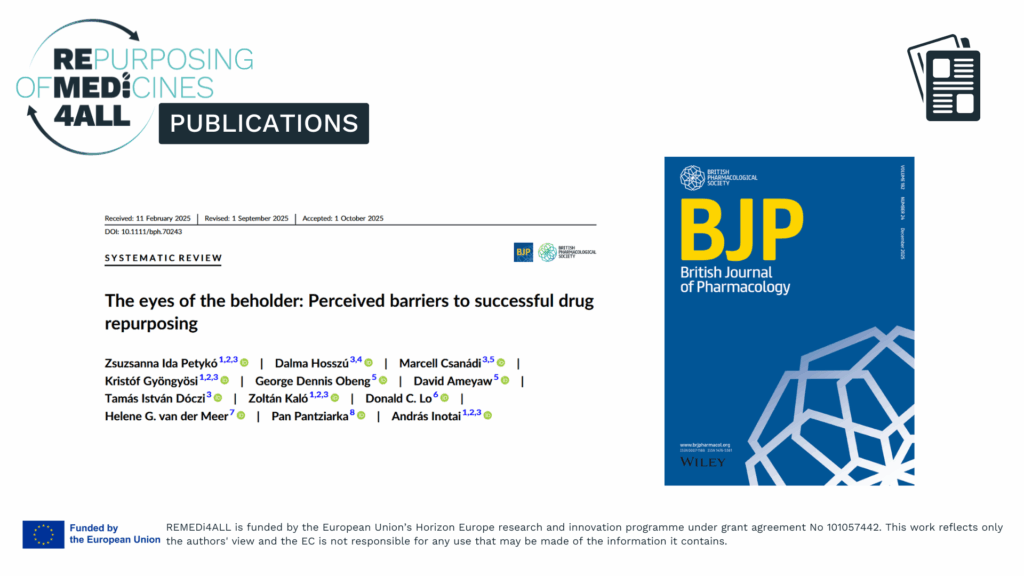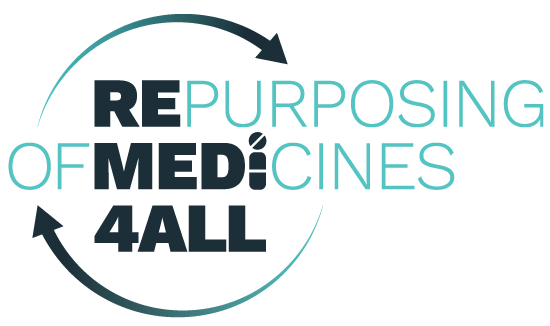
The REMEDi4ALL consortium recently published a systematic literature review in the British Journal of Pharmacology, highlighting major policy barriers to be addressed for wider adoption of drug repurposing – finding of new therapeutic uses for already existing medicinal substances and products.
REMEDi4ALL sets out to identify barriers to drug repurposing
Drug repurposing holds great promise for delivering treatments more quickly and cost-effectively to patients in need. However, this promise has not yet been fully realised owing to multiple transversal barriers which currently limit the potential of drug repurposing.
One of the key aims of the REMEDi4ALL project is to identify and address key barriers to enable broader implementation of drug repurposing across Europe and beyond. To support this, REMEDi4ALL partners Syreon Research Institute, EATRIS, ZonMw, and Anticancer Fund conducted a systematic literature review and engaged with stakeholders to identify, understand and validate key obstacles faced by the drug repurposing community.
Dalma Hosszú from Syreon Research Institute, a contributing author, explains: “Our study set out to identify policy barriers that limit the potential of drug repurposing It explored how regulatory, economic and other institutional frameworks, or lack thereof, influence the success of repurposing, focusing on funding, market authorisation, HTA, pricing and exclusivity.”
Systematic literature review: identification of perceived barriers
The review analysed over 4000 publication records from 2013-2023. In addition, authors searched grey literature (non-publisher-based literature) and carried out numerous expert interviews to strengthen results. Authors refined results to identify 33 individual barriers under 9 domains which were then validated across five multi-stakeholder workshops, engaging 80 experts representing regulators, payers, academia, industry, and patient organisations.
Key findings: 33 validated policy barriers
The study identified 33 validated policy barriers grouped under:
– Perception
– Business case for on- and off-patent medicines
– Non-industry funding
– Ecosystem for non-profit or SME-driven drug repurposing
– Market authorisation
– Exclusivity rights
– Health technology assessment (HTA)
– Pricing
Workshops with stakeholders identified the interdependencies between barriers and differing priority perceptions among stakeholder groups.
Dalma Hosszú highlights “Major challenges include limited incentives for off-patent repurposing, fragmented funding, and unclear regulatory and reimbursement pathways. Specific difficulties were noted in rare and paediatric diseases, where existing incentives have not fully translated into sustainable repurposing practices.”
Impact across the drug repurposing landscape: a refined focus to tackle key policy barriers
This study from the REMEDi4ALL consortium is the first fully comprehensive and validated overview of the policy barriers currently hindering drug repurposing across Europe.
The results from this study will not only inform future policy work within the framework of REMEDi4ALL but also guide future research into prioritisation of barriers relevant to different stakeholders. Broadly, this work aims to support feasible, actionable policy reforms such as clarifying regulatory pathways, aligning HTA and pricing strategies, and strengthening funding for non-commercial innovations. These efforts will help enhance adoption and accessibility of repurposed medicines across Europe and beyond.
Dalma concludes: “The work underscores the importance of involving all stakeholders in shaping the future DR ecosystem. Ultimately, these efforts aim to make repurposed medicines accessible to patients in an affordable, sustainable way.”.
This research was published as part of the REMEDi4ALL initiative, a Horizon Europe-funded project creating a platform for patient-centric drug repurposing across Europe and beyond. REMEDi4ALL drives innovation across the entire drug repurposing pipeline, providing the infrastructure and standards needed to boost translational research and deliver more effective therapies to patients faster.
- Read the paper here.




